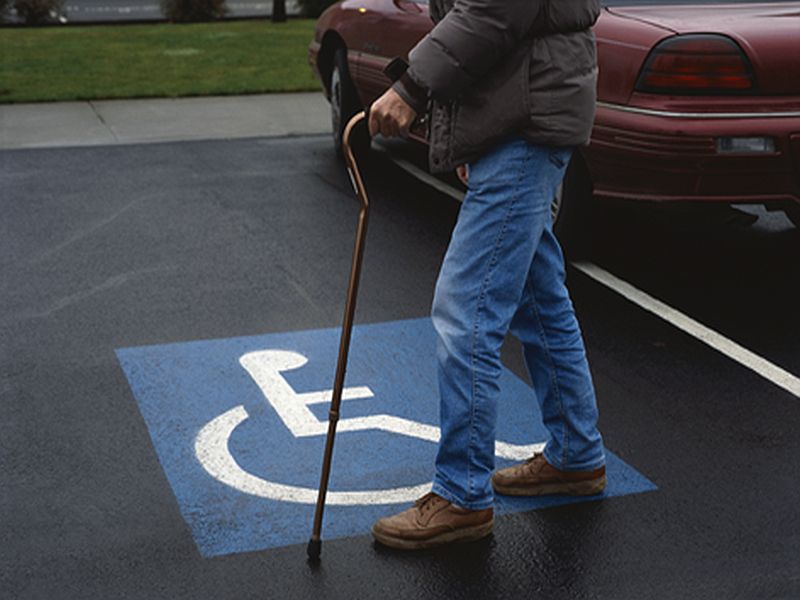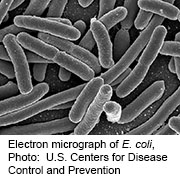
Sunscreen may do double duty when you’re outside on a summer day, keeping you cool as it protects your skin from the sun’s harmful rays. New research suggests how: When unprotected skin is exposed to the sun’s ultraviolet (UV) rays, skin cells typically see a drop in levels of nitric oxide. This compound helps the… read on >

















